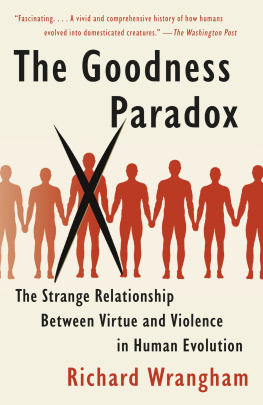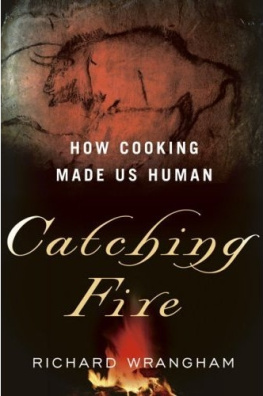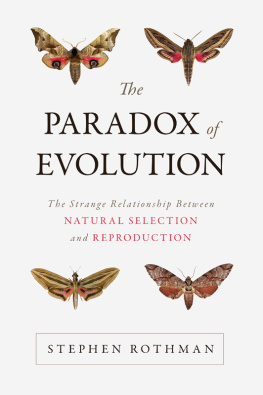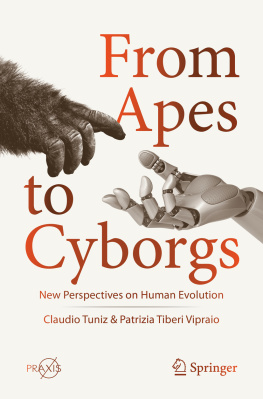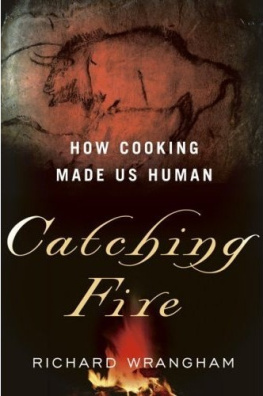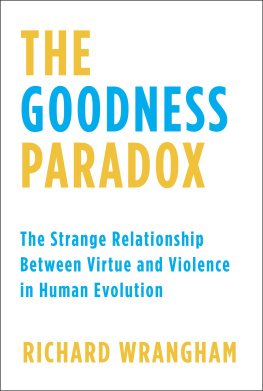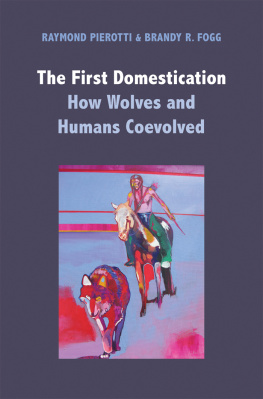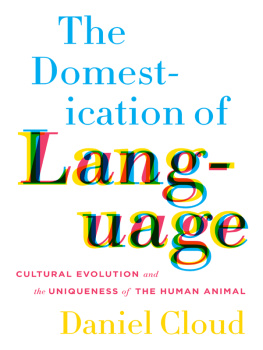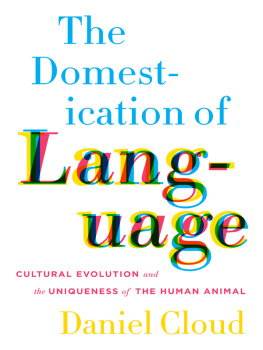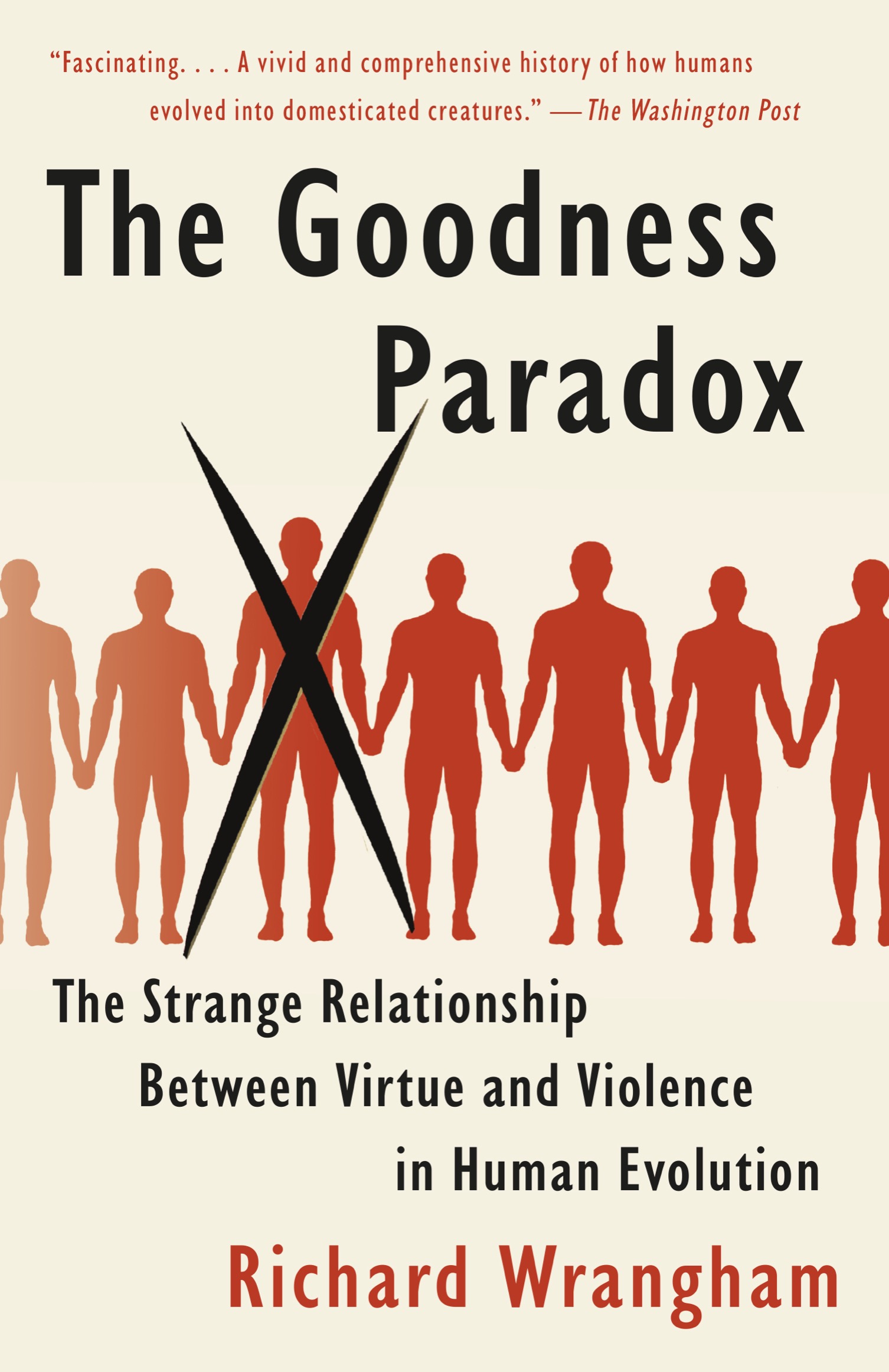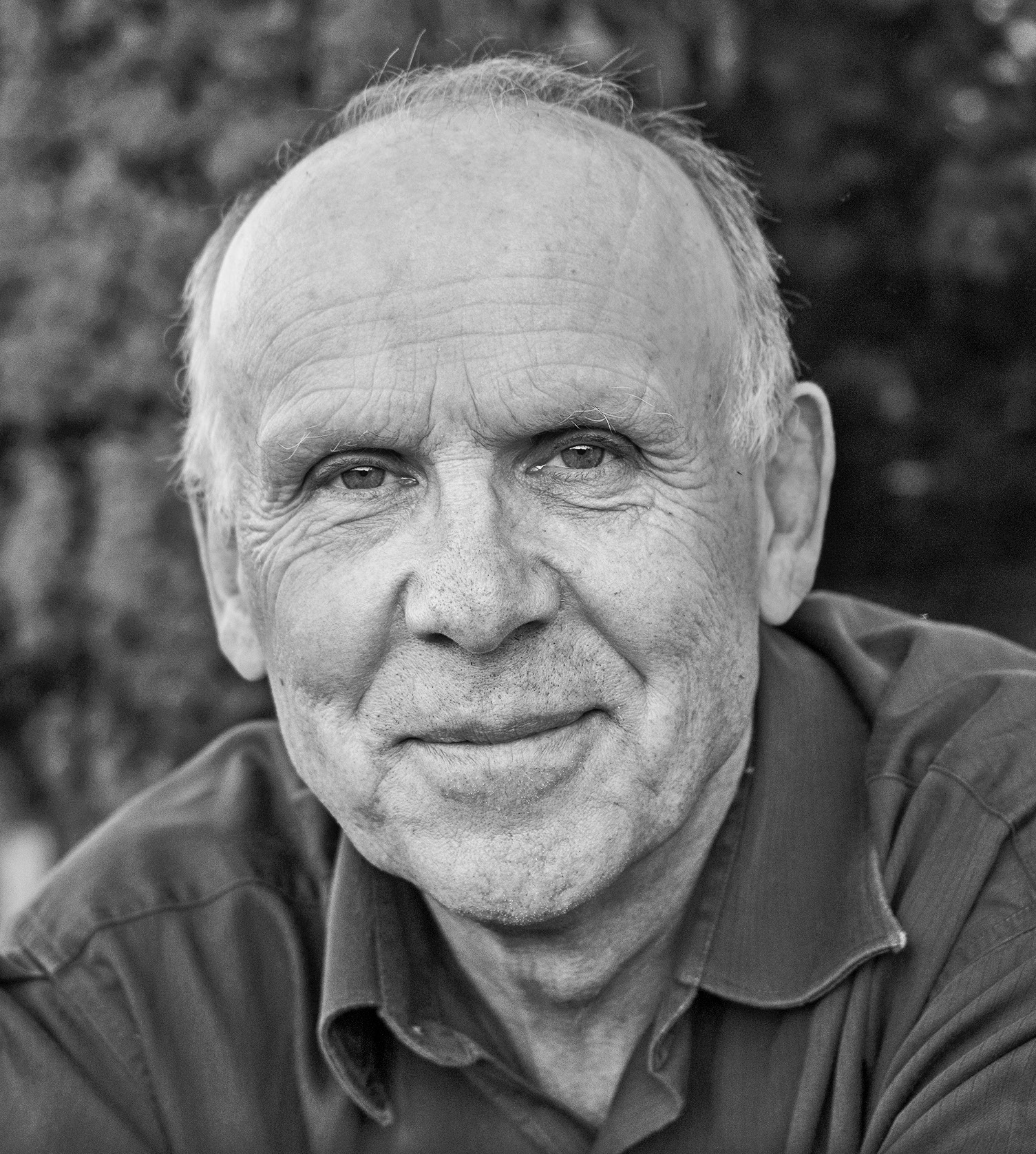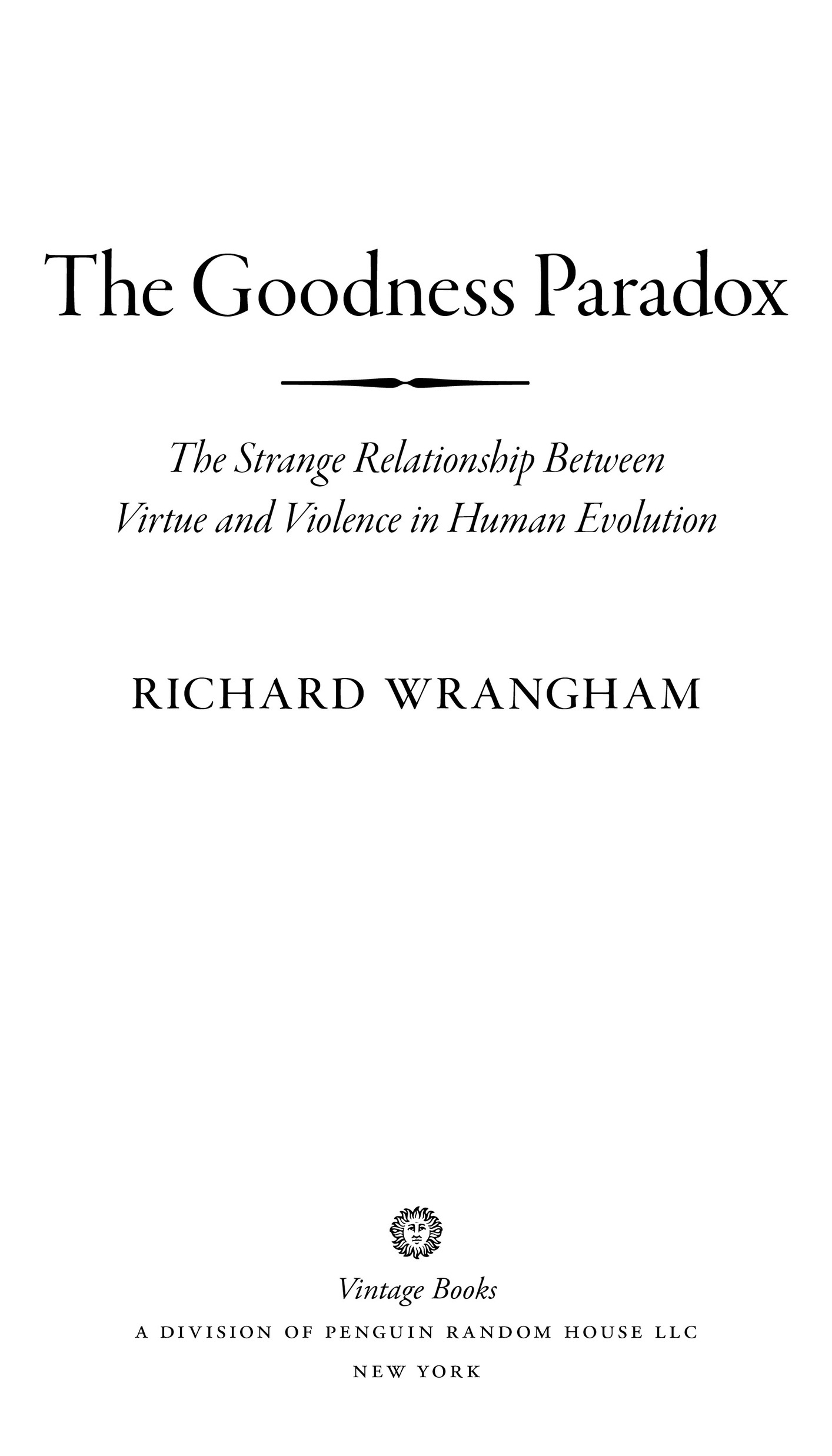Contents
Landmarks
Print Page List
Praise for Richard Wranghams
The Goodness Paradox
[Wranghams] skillful storytellingwhich intertwines his hypotheses regarding primitive humans with rich details from decades of observations of chimpanzees in Tanzaniamakes his book both stimulating and compelling.
The Economist
A brilliant analysis of the role of aggression in our evolutionary history.
Jane Goodall
Magisterial.Extraordinarily detailed, cogently argued, hugely important.
The Spectator (London)
In this revolutionary, illuminating, and dazzling book, Wrangham provides the first compelling explanation for how and why humans can be so cooperative, kind, and compassionate yet simultaneously so brutal, aggressive, and cruel.
Daniel E. Lieberman, author of The Story of the Human Body
Wranghams skills at thinking big make him a compelling writer. The Goodness Paradox will be a boon to discussion of our own prehistory and the role of violence in it.
The Times Literary Supplement (London)
A fascinating new analysis of human violence, filled with fresh ideas and gripping evidence from our primate cousins, historical forebears, and contemporary neighbors.
Steven Pinker, author of The Better Angels of Our Nature
Compelling reading.
The Washington Times
A work accessible to those outside the scientific field, offering a great deal of information.
Library Journal
This magnificent and profound book shows how our violent, even murderous, impulses actually shaped our species to be kind and cooperative, progressively shaping our evolutionary trajectory, our moral expectations, and our genes.
Nicholas A. Christakis, Sterling Professor of Social and Natural Science, Yale University
Richard Wrangham has written a brilliant and honest book about humanitys central contradiction: that we are capable of mass murder but live in societies with almost no violence.This book is science writing at its best: lucid, rational, and yet deeply concerned with humanity.
Sebastian Junger, author of Tribe
Wrangham has been the most original and influential interpreter of ecological and evolutionary factors in the origin of our species. In The Goodness Paradox, he extends his evidence and reasoning into yet another fundamental human trait.
Edward O. Wilson, university research professor emeritus, Harvard University
Nobody knows more, thinks deeper, or writes better about the evolution of modern human beings than Richard Wrangham. Here he reveals a rich and satisfying story about the self-domestication of our species, drawing upon remarkable observations and experiments.
Matt Ridley, author of The Evolution of Everything
This will prove to be one of the most important publications of our time. Fully supported scientific information from many directions leads us to a new and compelling analysis of our evolutionary history.
Elizabeth Marshall Thomas, author of The Hidden Life of Dogs
This is the most thought-provoking book I have read in years. In clear, elegant prose, drawing on riveting data and vivid scenes gathered from species all over the world, renowned anthropologist Richard Wrangham examines the issues most central to human morality.
Sy Montgomery, author of How to Be a Good Creature
Richard Wrangham
The Goodness Paradox
Richard Wrangham is Ruth B. Moore Professor of Biological Anthropology, Harvard University. He is the author of Catching Fire: How Cooking Made Us Human and Demonic Males: Apes and the Origins of Human Violence (with Dale Peterson). Professor Wrangham is a leader in primate behavioral ecology. He is the recipient of the Rivers Memorial Medal from the Royal Anthropological Institute and a MacArthur Foundation Fellowship. He is a fellow of the American Academy of Arts and Sciences and the British Academy.
ALSO BY RICHARD WRANGHAM
Catching Fire: How Cooking Made Us Human
Demonic Males: Apes and the Origins of Human Violence
(with Dale Peterson)
FIRST VINTAGE BOOKS EDITION, DECEMBER 2019
Copyright 2019 by Richard Wrangham
All rights reserved. Published in the United States by Vintage Books, a division of Penguin Random House LLC, New York, and distributed in Canada by Penguin Random House Canada Limited, Toronto. Originally published in hardcover in the United States by Pantheon Books, a division of Penguin Random House LLC, New York, in 2019.
Vintage and colophon are registered trademarks of Penguin Random House LLC.
The Library of Congress has cataloged the Pantheon edition as follows:
Name: Wrangham, Richard W., 1948 author.
Title: The goodness paradox : the strange relationship between virtue and violence in human evolution / Richard Wrangham.
Description: First edition. | New York : Pantheon Books, 2019. | Includes bibliographical references and index.
Identifiers: LCCN 2018028837
Subjects: LCSH: Human evolution. Human behavior. Aggressiveness.
Classification: LCC GN281.4 .W73 2019 | DDC 155.9dc23
LC record available at https://lccn.loc.gov/2018028837
Vintage Books Trade Paperback ISBN9781101970195
Ebook ISBN9781101870914
Author photograph Stewart Halperin
Cover design by Mark Abrams
Cover illustration MaskaRad/iStock/Getty Images
www.vintagebooks.com
v5.4_r1
ep
For Elizabeth
Contents
Preface
At the start of my career, I would have been surprised to learn that fifty years later I would be publishing a book about humans. In the 1970s I was privileged to be a graduate student working in Jane Goodalls research project on chimpanzees in Tanzania. Spending whole days trailing individual apes in a natural habitat was a joy. All that I wanted to do was study animal behavior, and in 1987 I launched my own study of wild chimpanzees in Ugandas Kibale National Park.
My bucolic research was disturbed, however, by discoveries that were too intriguing to ignore. Chimpanzees exhibited occasional episodes of exceptional violence. To shed an evolutionary light on this behavior, I compared chimpanzees with their sister species, bonobos. In the 1990s, research on bonobos was beginning in earnest. Chimpanzees and bonobos were proving to be an extraordinary duo, bonobos being much more peaceful than the relatively aggressive chimpanzees. In various collaborations that I describe in this book, but most particularly with Brian Hare and Victoria Wobber, my colleagues and I concluded that bonobos had diverged from a chimpanzee-like ancestor by a process that was strongly akin to domestication. We called the process self-domestication. And since human behavior has often been considered similar to the behavior of domesticated animals, the insights from bonobos suggested lessons for human evolution. The key fact about humans is that within our social communities we have a low propensity to fight: compared to most wild mammals we are very tolerant.

